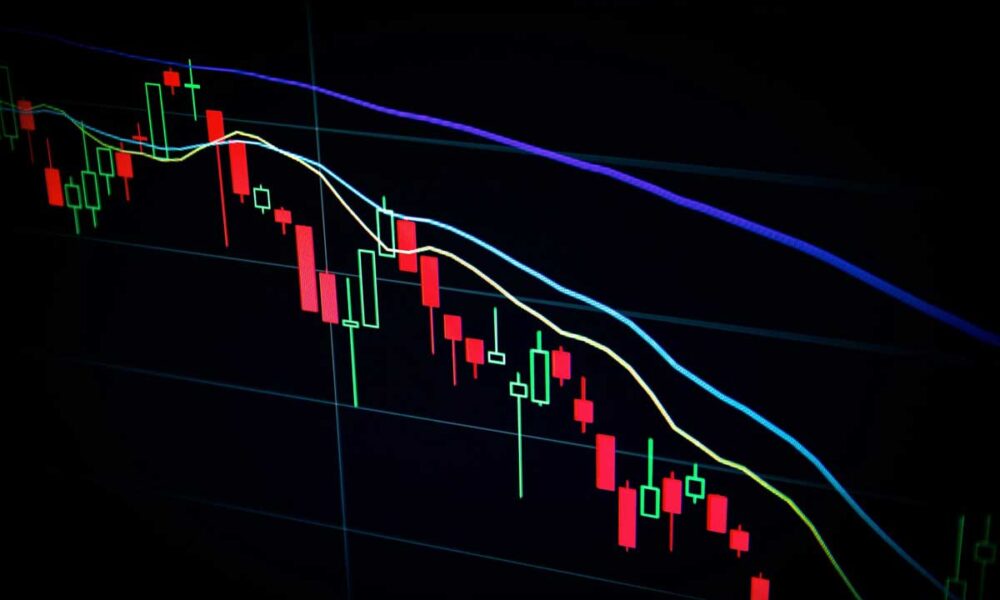There has been a rise in prices in the Spanish real estate market, but this cannot be called a bubble. Or at least not yet, according to a view widely shared by market analysts and academics.
Housing will continue to become more expensive in 2022 in line with economic growth and inflation. Although the European Central Bank (ECB) has flagged the sector’s “exuberance” – a term used to replace “bubble” – it appears to refer to the housing market in other countries rather than Spain. But in a sector increasingly exposed to global investment trends, some contamination cannot be ruled out.
According to Ignacio de la Torre, chief economist at asset management firm Arcano Partners, the current situation is linked to affordability. In an attempt to assess the risk of a bubble, he proposes to analyze what is called the effort rate: the share of income that a household devotes to paying for housing. “Anything over 35% means we have a stressed market, and Spain was at 46% in 2006,” he says, referring to the peak of Spain’s previous property bubble. Right now, with that percentage hovering between 30% and 32%, it’s a different scenario. “The problem is when houses go up in price,” he adds. “If they go up 9% like in Germany, or 20% like in the US, that leads to a bubble.”
Housing has become more expensive in Spain in 2021, contrary to what many experts predicted a year ago. The National Statistics Institute (INE) won’t release official data until March, but the annual growth rate through the third quarter was 4.2%, showing a clear upward trend. Meanwhile, CaixaBank’s research service, which quantified the average rise in 2021 at 1.9% (well below other sources), estimates that the rate will double to 4% in 2022.
“There are worrying symptoms,” says Gonzalo Bernardos, director of the Master in Real Estate Consulting, Management and Development at the University of Barcelona. However, he only sees the risk of a “light bubble” and specifies that the situation is very different from the global recession of 2008: “If there is no financial crisis and the banks are not in great difficulty, there would only be a freeze in the market and prices would fall,” he said. At the root of what could lead to a bubble is, he says, the imbalance between the supply of new homes and growing demand, but he points out that a bubble, no matter how big, wouldn’t happen until 2024 anyway.
More construction, sales and mortgages
There were around 100,000 housing starts in 2021, similar to pre-pandemic figures but far from the excesses of the turn of the century; 2006 saw the number of new units rise to over 750,000. In Bernardos’ view, the current number is insufficient. “A low number of housing starts pushes up prices and many buyers resort to the resale home sector, which can generate unwarranted price increases there,” he says. Since last summer, home sales and mortgage lending have reached levels not seen in more than a decade. The question is whether this rise is simply due to market paralysis at the start of the coronavirus pandemic.
Paloma Taltavull, who teaches applied economics at the University of Alicante, also points to a shortage of supply. “Construction has been minimal since 2008,” she says. This has triggered market tensions in areas such as regional capitals and centers of high economic activity, she notes. But Taltavull practically excludes the possibility of a bubble: from his point of view, this could only apply in a situation where the rises are not linked to explanatory factors. And in his opinion, there are currently many reasons for the rising prices, such as the tendency of homeowners to relocate due to lifestyle changes triggered by the pandemic, a trend “that is happening all over the world and must be one of the reasons prices have skyrocketed in some countries,” she says.
However, the international outlook is bleak. As early as mid-2021, a Bloomberg analysis concluded that “housing prices around the world are emitting the kind of bubble warnings not seen since the 2008 financial crisis.” Later in the year watchdogs such as the ECB and the Federal Reserve warned of “exuberance” and “vulnerabilities” in housing markets.
Interregional contagion
The US banking supervisor has an “exuberance indicator” which determines when price developments are out of step with other economic parameters. The United States, Canada and the Netherlands all have housing markets that are out of sync. Of the 25 countries in the study, Spain is the second furthest from this situation, behind South Africa.
“We are not on the edge of a bubble, but vulnerabilities are increasing to such an extent that greater control would be desirable,” says Julio Rodríguez, former president of Banco Hipotecario and member of the Superior Council of Statistics, a body advisory in charge of the National Institute of Statistics (INE). Rodríguez considers that Spain clearly has “insufficient” tools to study the real estate market and assess the situation. “We still don’t have rental statistics,” he says, adding that the INE’s selling price index should be updated on a monthly rather than a quarterly basis. However, it is certain that “Europe is experiencing the most intense price increases since 2015”.
Will trends taking off elsewhere spread to Spain? “Without a doubt,” said Taltavull. “The question is how long will it take.” This academic also believes that “one can expect a rise in prices due to inflation”. In situations of general shortage, “the investment market buys houses”, adds De la Torre. This trend is gaining strength as negative interest rates “have driven more conservative investors out of the bond market.”
All economic scenarios seem to lead to the ECB and the withdrawal of monetary stimulus. The balance, warns Bernardos, is not simple: “If we assume that we have learned the lessons of 2008, and it is not clear that we have, the bubbles always burst by a too rapid rise in interest rate.”

/cloudfront-eu-central-1.images.arcpublishing.com/prisa/PWDR6XSIEZE6LL67LACMTKFWMQ.jpg)

/cloudfront-eu-central-1.images.arcpublishing.com/prisa/XUXTINYVZEOMO5YYOA6UOMGAFE.jpg)
/cloudfront-eu-central-1.images.arcpublishing.com/prisa/G5VGGYQ3Y2CBIGFD2XOMHTPZ6M.JPG)






